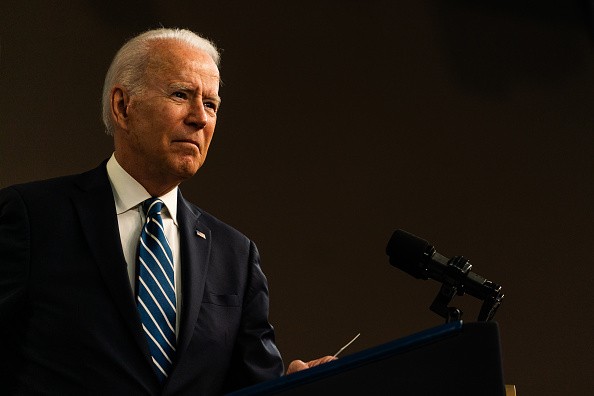On Wednesday, US President Joe Biden's administration asked OPEC and its partners to increase oil production to combat increasing gasoline costs, which they view as a danger to global economic recovery.

Call of Biden Opposed Battle Against Climate Change
In a recently published article in Reuters, the proposal underscores the White House's readiness to work with big oil producers across the globe to increase supplies to benefit business and consumers, even as it seeks global leadership in the battle against climate change and opposes domestic drilling.
The proposal by President Joe Biden's administration to expand the output of a key source of global-warming pollution comes just days after the UN published a grim new assessment on climate change. Additionally, in the aftermath of the worldwide COVID-19 pandemic, Biden's national security advisor Jake Sullivan chastised major drilling countries, particularly Saudi Arabia, for what he called inadequate oil output levels.
Biden's seven-month presidency has been riddled with climate inconsistencies. On the one hand, the Democrat has successfully stopped a major pipeline project, resurrected US carbon diplomacy, and asked Congress for historic amounts of climate funding, according to a published article in HuffPost.
On the other hand, he has pushed through additional pipelines, granted more than 2,000 licenses to drill for oil and gas on public lands, slashed a coal company's royalty payments, and asked Congress for much less money than experts estimate is required to reduce emissions quickly.
Record Output of OPEC
As global energy demand plummeted during the pandemic, the Organization of Petroleum Exporting Countries and its partners, known as OPEC+, imposed a historic production reduction of 10 million barrels per day or roughly 10% of world demand. Since then, it has progressively increased production, with the reduction easing to about 5.8 million BPD in July.
In July, OPEC+ agreed to increase production by 400,000 barrels per day (BPD) each month beginning in August until the remainder of the 5.8 million BPD reduction is phased out, according to a published article in Wall Street Journal. On September 1, OPEC+ will have another meeting to assess the situation.
While requesting more oil from OPEC may appear to be a gentler form of climate change denial of the United States' previous four years of leadership, it actually demonstrates two far more pernicious forces preventing policymakers from taking rational steps to avoid disaster.
Biden Said Production Cuts Should Be Reversed
The production cutbacks imposed during the pandemic should be restored when the global economy improves to reduce consumer costs, Biden told the reporters later that day.
According to the American Automobile Association, fuel prices in the United States are about $3.18 per gallon at the pumps, up more than a dollar from last year at this time when the pandemic slashed travel demand. The approach to OPEC+, according to White House press secretary Jen Psaki, was intended at long-term engagement to stop anti-competitive behaviors, not necessarily for an instant reaction.
The unexpected remark increased foreign pressure as the government attempts to control a variety of increasing prices and supply constraints throughout the economy, which have fuelled inflation fears.








